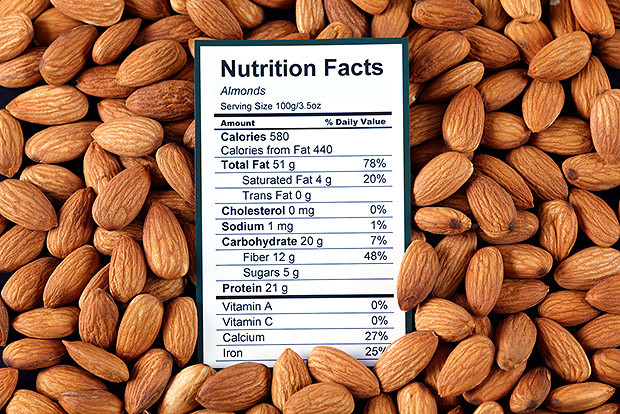
Dietary fat was once considered bad for health, but as research has evolved, we now know that all types of fat are not equal. Fat is an essential component of a healthy diet. It plays a role in brain health, helps build cell membranes, and allows the body to absorb fat-soluble vitamins. However, some fats can increase your risk for heart disease and stroke.
Monounsaturated Fat
Studies show that monounsaturated fat reduces bad cholesterol (LDL), which helps to lower the risk of heart disease and stroke. There is also evidence that these fats can help control blood sugar. Monounsaturated fats can be found in olive oil, sesame oil, avocados, and peanut butter.
Polyunsaturated Fat
Polyunsaturated fats (including omega-3 and omega-6 fatty acids) have been found to reduce bad cholesterol (LDL) and reduce the risk of heart disease and stroke. These fats are found in walnuts, sunflower seeds, tofu, and fatty fish like salmon and trout.
Trans Fat
Health experts consider trans fatty acids the worst type of dietary fat. Trans fats increase bad cholesterol (LDL) and lower protective good cholesterol (HDL). Trans fats are byproducts of hydrogenation (turning a liquid fat into a solid) and were common in processed foods. Thankfully, the FDA removed these dangerous fats from the US food supply in 2021.
Saturated Fat
A diet high in saturated fat can increase total cholesterol and bad cholesterol (LDL), but some reports now question if the link between saturated fat and heart disease is as strong as once believed. As research continues, health experts remain cautious and recommend limiting saturated fat to 10 percent of total daily calories. Saturated fat is found in red meat, whole dairy, coconut oil, and baked goods.
Additional Reading
Sources



 3 Healthy Lunches for Your Work Week
3 Healthy Lunches for Your Work Week
 5 Tips for Stretching Your Budget for Healthy Food
5 Tips for Stretching Your Budget for Healthy Food
 Best Ways to Reduce Added Sugar
Best Ways to Reduce Added Sugar
 Healthy Tips to Lighten Up Picnic Foods
Healthy Tips to Lighten Up Picnic Foods
 Do You Need to Drink Milk?
Do You Need to Drink Milk?
 Tips to Keep Track of Water Intake
Tips to Keep Track of Water Intake
 Butter vs. Margarine: What’s the Best Choice?
Butter vs. Margarine: What’s the Best Choice?
 7 Good Mood Foods
7 Good Mood Foods

 Pinterest
Pinterest RSS Feed
RSS Feed